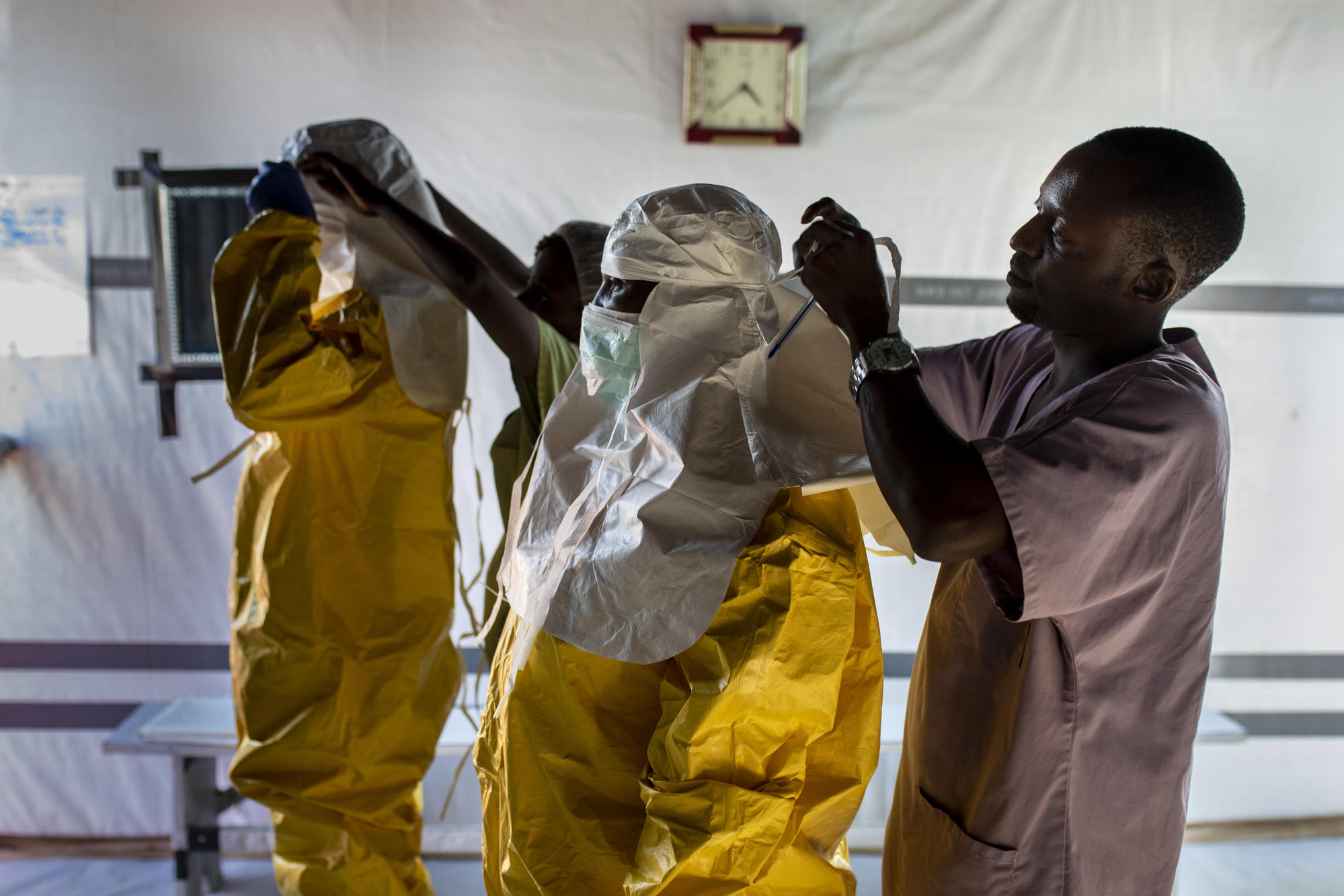
[ad_1]
We began to provide access to free health care for all diseases that affected the population, such as malaria, measles and diarrhea. We started building wells. So when we asked people to wash their hands to prevent the spread of the Ebola virus, they had water to do it.
We set up centers for suspected Ebola cases in local health centers, so that suspicious patients can be cared for in their community, instead of having to go to other regions. for tests and isolation. And by meeting the real needs and priorities of the population in health, we began to gain the trust of the community.
Unfortunately, this approach has still not been adopted by the global response to Ebola and there is still general mistrust of it. In many areas, people still refuse to go to Ebola treatment centers when they are sick, and other people still refuse the vaccine.
When I see families and communities torn apart by the Ebola virus, it makes me so sad. This was not necessary, and unless there is a radical change in the management of the Ebola response, the epidemic will not end sooner.
One year after the beginning of the epidemic, more than 2,600 people have contracted Ebola and more than 1,700 people have died as a result of the disease. Today, on the occasion of the first anniversary of the outbreak, my thoughts are with all those affected by the disease. I hope the change will come soon.
Source link